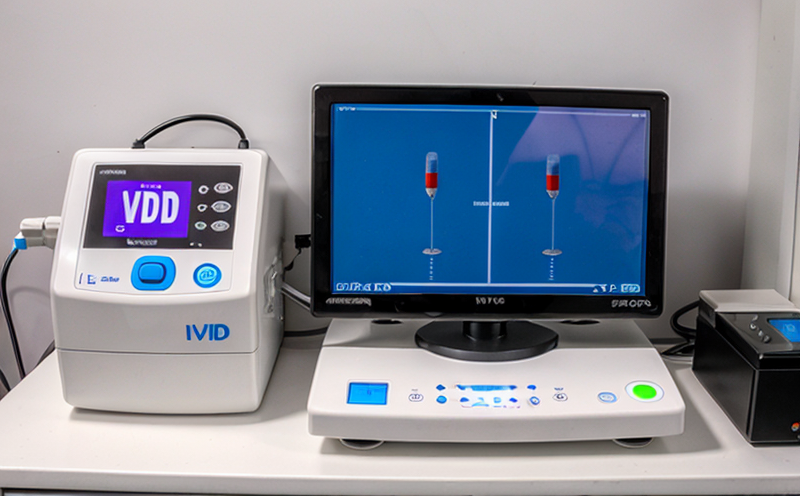Digital Health Interoperability Testing with IVD Devices
In today’s rapidly evolving healthcare landscape, the seamless integration of digital health technologies with In Vitro Diagnostic (IVD) devices is paramount. The ability to exchange data accurately and securely between these systems not only enhances patient care but also streamlines operational processes within healthcare facilities.
Digital Health Interoperability Testing ensures that IVD devices can effectively communicate with other digital platforms, including Electronic Health Records (EHRs), wearables, and telemedicine applications. This testing is crucial for ensuring compliance with international standards such as ISO/TS 17975:2020 and HL7 FHIR R4, which define the interoperability requirements for healthcare information systems.
The process involves several key steps, including the assessment of data formats used by IVD devices, validation of communication protocols, and ensuring that all exchanged data is accurate and secure. This testing ensures that critical patient information, such as test results, can be shared across different platforms without loss or corruption.
For quality managers and compliance officers, this service provides assurance that their medical devices meet the highest standards for interoperability, thereby reducing risks associated with non-compliant products. R&D engineers can leverage this testing to refine their product designs, ensuring they are compatible with future healthcare systems. Procurement teams benefit from knowing that the devices they source are already validated for interoperability, saving time and resources on integration efforts.
The importance of digital health interoperability cannot be overstated in an era where patient data is increasingly becoming a crucial asset in personalized medicine. By ensuring seamless communication between IVD devices and other healthcare technologies, we help clients stay ahead of regulatory requirements and market trends.
Scope and Methodology
| Aspect | Description |
|---|---|
| Data Standards Compliance | We ensure that IVD devices adhere to relevant standards such as HL7 FHIR R4 and ISO/TS 17975:2020. |
| Communication Protocols Validation | Testing includes the validation of communication protocols used by IVD devices, ensuring secure data exchange. |
| Data Format Assessment | We assess the format and structure of data exchanged between IVD devices and other digital health systems. |
| Security Testing | The security of data during exchange is rigorously tested to prevent unauthorized access or tampering. |
Benefits
- Ensures compliance with international standards for digital health interoperability.
- Reduces risks associated with non-compliant products and processes.
- Facilitates seamless integration of IVD devices into larger healthcare systems.
- Aids in meeting regulatory requirements, thereby enhancing the marketability of medical devices.
- Improves patient care by ensuring accurate and timely exchange of critical health information.
Why Choose This Test
Choosing our Digital Health Interoperability Testing service for IVD devices is a strategic decision that can significantly impact your organization’s success in the healthcare industry. Here are some compelling reasons:
- Regulatory Compliance: Ensure your products meet all necessary standards and regulations.
- Enhanced Interoperability: Our testing ensures that your devices can communicate effectively with other digital health systems, enhancing overall patient care.
- Risk Mitigation: By identifying potential issues early in the development process, we help you mitigate risks and avoid costly recalls or rejections.
- Market Leadership: Stay ahead of competitors by ensuring your products are fully integrated into modern healthcare systems.





